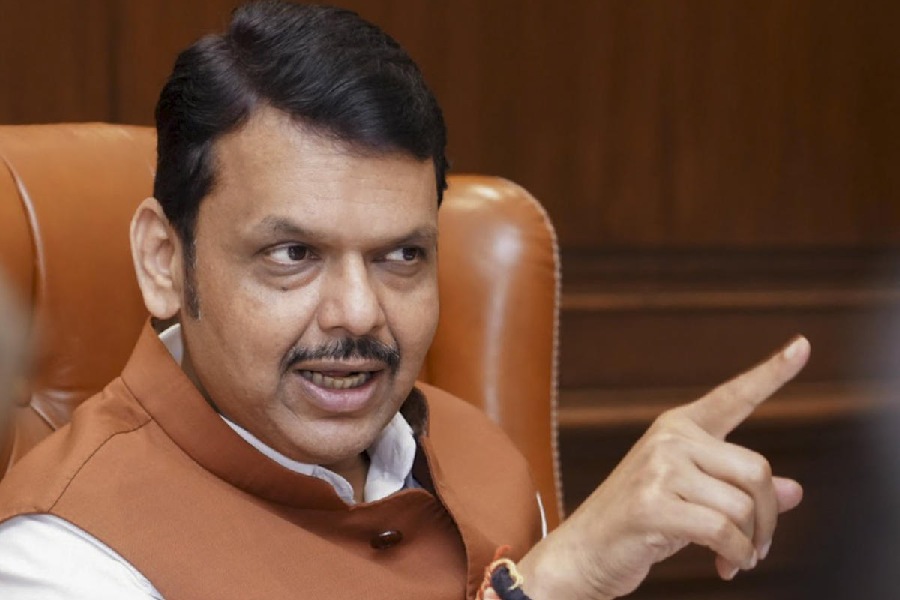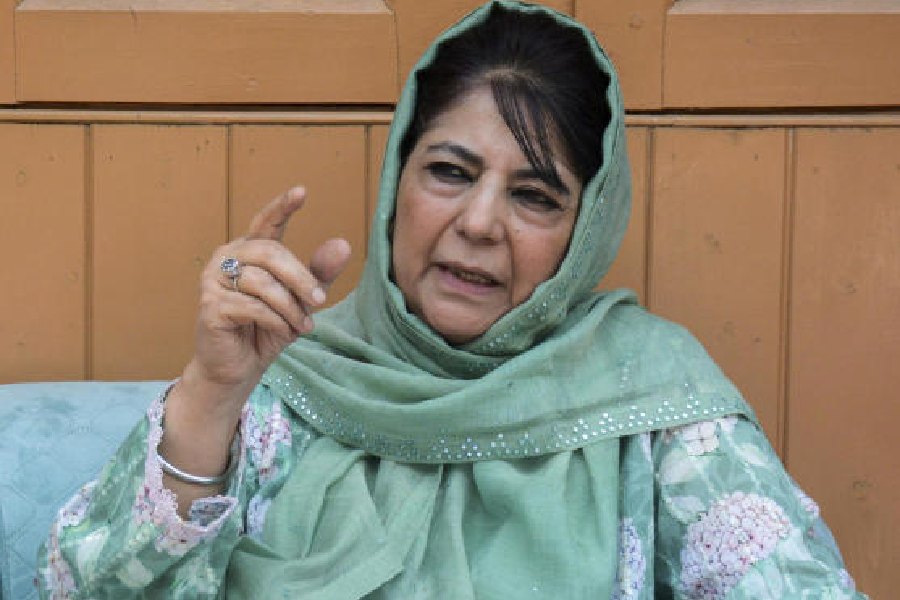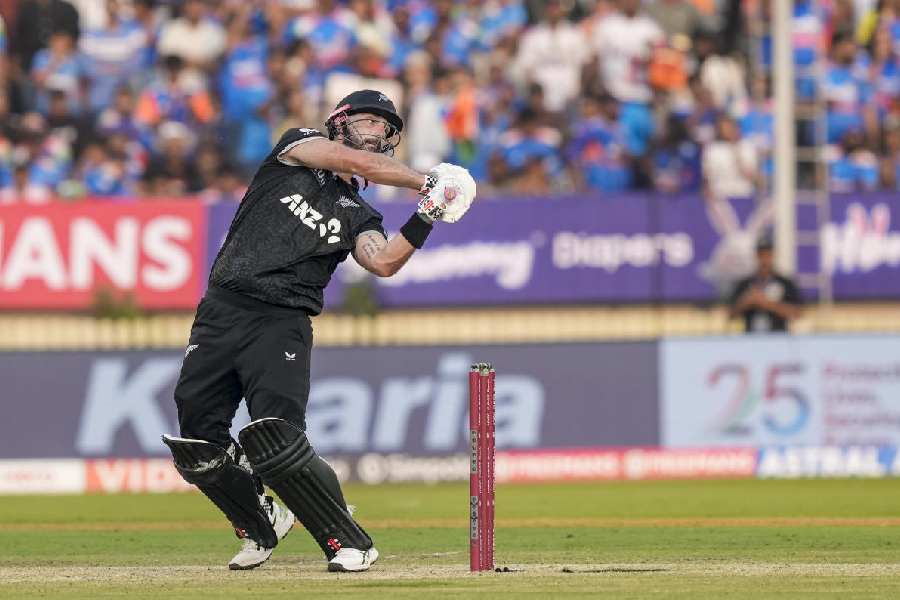 |
Neville Maxwell, the author of India’s China War, the prophet of India’s dissolution, indefatigable stalker of Jawaharlal Nehru’s shade, evangelizing crusader for Mao Zedong’s social engineering ‘gifts’, has returned to his old hunting ground. The subject of his conversation with a mass circulation English language Indian newspaper reporter was the three-volume Henderson Brooks report commissioned by the government of India to investigate the causes of the Indian army’s shortcomings in the 1962 conflict with China, the failures in the civilian-military relationship. Lieutenant General Henderson Brooks, by all accounts, provided a meticulously detailed account of what went wrong and why. This is second guessing, because successive governments in Delhi and the bureaucracy have chosen perversely to keep this important document closed to public scrutiny for reasons unbeknownst to man or beast. Maxwell, more fortunate in his endeavours as the London Times correspondent in Delhi, was the recipient of a leaked copy, which he put to profitable use in his magnum opus. Why he should have chosen this of all moments to put out selected extracts from Henderson Brooks on his web after 50 years of studied indifference remains, in Churchill’s memorable words, “a riddle wrapped in a mystery inside an enigma”. It may well be that Maxwell bears a corrosive resentment at being forgotten, remembering that he was once a media celebrity in the West and in China, much quoted as a fount of wisdom on a fraught subject on which there were opinions aplenty with knowledge, like gold dust, a scarce resource. A further reason behind such unseasonal openness is India’s general election and the possibility that the revival of a controversy, long dormant, would set the cat among the pigeons in the campaign, a catalyst in regime change perhaps. When his interlocutor put a question on his timing to Maxwell, his coy response apparently was: “Honestly, the election never crossed my mind as bearing on my decision. I don’t follow Indian politics nowadays.” There are many at home and abroad who don’t either, but the international media, in Australia especially, where Maxwell now resides, refer to the coming event during humankind’s waking and sleeping hours. It strains credulity that Maxwell as a former media man wasn’t in the loop.
Be that as it may, the appearance of his book was little short of a sensation. Nehru’s India was in the dock, with Mao’s China more sinned against than sinning. The second part of Maxwell’s work, the war itself, was culled from Henderson Brooks — the opening half an apologia for Chinese rule in Tibet — and was based on a number of undemanding secondary texts. The absence of archival research is starkly evident. India’s China War had a fortuitous birth. The United States of America’s blood-soaked Vietnam adventure was in full swing and American popularity with the broad public in the United Kingdom and in Europe had plumbed the depths. Student protests reached fever pitch, as young men and women thronged the streets of London, Paris, Frankfurt and Rome, denouncing the imperialist and colonial world order. In the mainstream, the English historian, A.J.P. Taylor, and Left-leaning politicians and writers, struck by the folly of the US’s China policy, its stubborn refusal to restore China’s lawful birth right in the United Nations, namely, a seat there as one of the world’s big five, became paid-up members of the new club of true believers, from the Great Leap Forward and the People’s Communes, to the Great Proletarian Cultural Revolution. Tantalizingly, American diplomacy was on the cusp of a diplomatic revolution: the Nixon administration’s historic rapprochement with China and a new chapter of constructive engagement and mutual understanding. The subtext to this epochal development was the commitment of both parties to the containment of the Soviet Union.
India’s China War blended well with the general mood. China became the flavour of the season, and the author an inebriating brand for the emergent chinoiserie. Apart from the Liberal-Left, therefore, Maxwell’s book of revelations went down well with much of the British political class and their American peers. There was more than a touch of schadenfreude in their grim satisfaction that China — also a foe of the Union of Soviet Socialist Republics — had delivered the uppity Nehru and the obstreperous natives a bloody nose and taught them on their true place in the world.
A second reason for Maxwell’s outreach was his bleak view of India: its vaunted democracy, he claimed, was a sham that would wither in the fullness of time. His last dispatch from Delhi in May 1967 contained the dire prediction that the Indian general election of that year would be the country’s last before the expected military takeover. This was especially pleasing to raj aficionados in the English shires.This was what they had been saying for years: the Oriental character and ethos were deeply at odds with the mores of representative government; that, being essentially a British imperial construct, India was destined to go the way of the Balkans. Maxwell’s views on the subject are best read in his extensive review article in the New York Review of Books, March 23, 1972.
And so to a circular return to the Henderson Brooks report that sent so many in the Indian media into a frightful tizzy. Conflicting positions on mountain tops, in deep valleys, along spurs and the like, were subjected to minute, Lilliputian scrutiny, the absurdity subsumed by Maxwell’s bombastic proclamation to his interviewer: “Nehru, not Chinese, declared 1962 war.” Neither Nehru, nor the Chinese did anything so dramatic. The conflict was too limited in scope to warrant a declaration. It was a game — granted not very wise or sensible on India’s part — that went badly wrong for India. The decision to establish penny packet forward military posts along the contentious Himalayan border — which in themselves could have led to nothing more than an expected incident or two, followed by further Sino-Indian talks. The seeds of the Sino-Indian conflict and the conflict itself arose from larger geostrategic issues. The breakdown of the Sino-Soviet relationship was one — the non-communist world convinced that it was no more than an ideological dispute when it was much more — hobbled Indian diplomacy. Nehru believed, mistakenly, that Moscow would rein in Beijing, when it had lost the power to do so. As China’s suspicions of a deepening Indo-Soviet relationship grew, Sino-Indian relations were drawn into the gravitational field of Sino-Soviet relations. In attacking India, Mao sought also to humiliate the Soviet leadership under Nikita Khrushchev. The dispatch to Moscow of the wreckage of an Indian helicopter brought down by Chinese fire was Mao’s way of thumbing his nose at the Russians.
A source worthy of scholarly attention is the fourth volume of the collected documents of the Cultural Revolution, compiled and edited by the eminent Harvard historian of China, Roderick MacFarquhar. A notable entry is the advice of certain veterans in the Chinese foreign ministry, who counselled, unsuccessfully, against precipitate military action by Beijing, warning of its negative consequences for the Sino-Indian relationship in the longer term. At the heart of the fraught Sino-Indian relationship, as a Chinese statement pointed out in the aftermath of the 1962 conflict, was Tibet. Tibetan unrest and the Dalai Lama’s flight to India in April 1959, where he was greeted warmly by Nehru and the Indian nation at large, and granted asylum was seen as an affront by Beijing. The demon of Han paranoia about China’s rebellious ethnic minorities found ready release and has been abroad ever since. Were His Holiness the Dalai Lama and the Tibetan refugee community in India forcibly returned to China, you can bet your bottom dollar that the Sino-Indian territorial dispute would be settled in no time at all. Was China’s conflict with India a passing aberration on Beijing’s part. Not likely. Vietnam, once as “close to China as lips and teeth”, was assailed in February 1979, with Deng Xiaoping promising that “China would teach Hanoi a lesson just as it had taught India a lesson in 1962”. India had indeed learnt its lesson, with a rudely awakened Nehru confessing to his Parliament that “we have been living in an artificial world of our own creation”. His daughter, Indira Gandhi, well understood that, for Indian diplomacy to be effective India’s military had to be brought up to speed. She undertook a successful war in 1971 against Pakistan — a close ally of the United States and China — and knocked down Nixon and Mao from their exalted perch.
Neville Maxwell could have explored and addressed these themes if he were so inclined. He is fixated and diminished by the remains of his endless India war.











